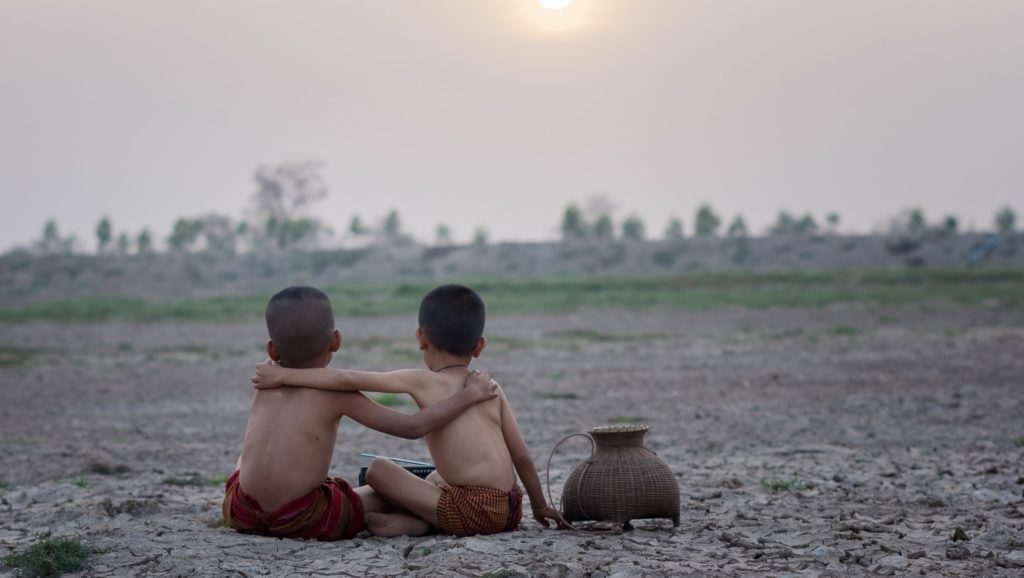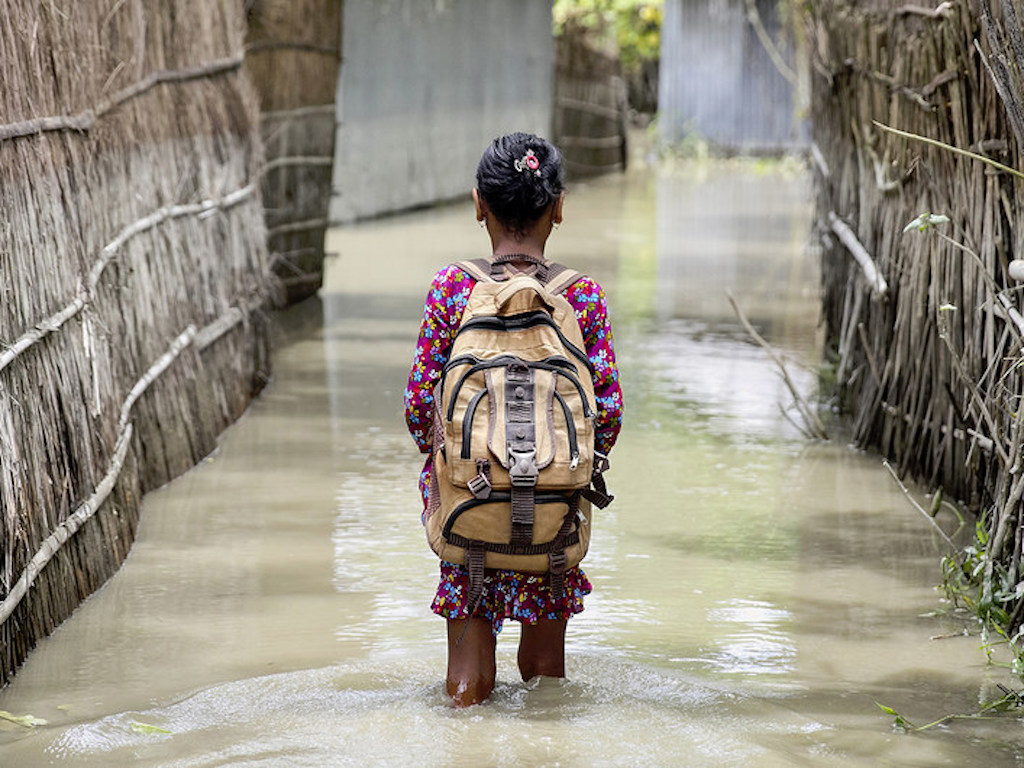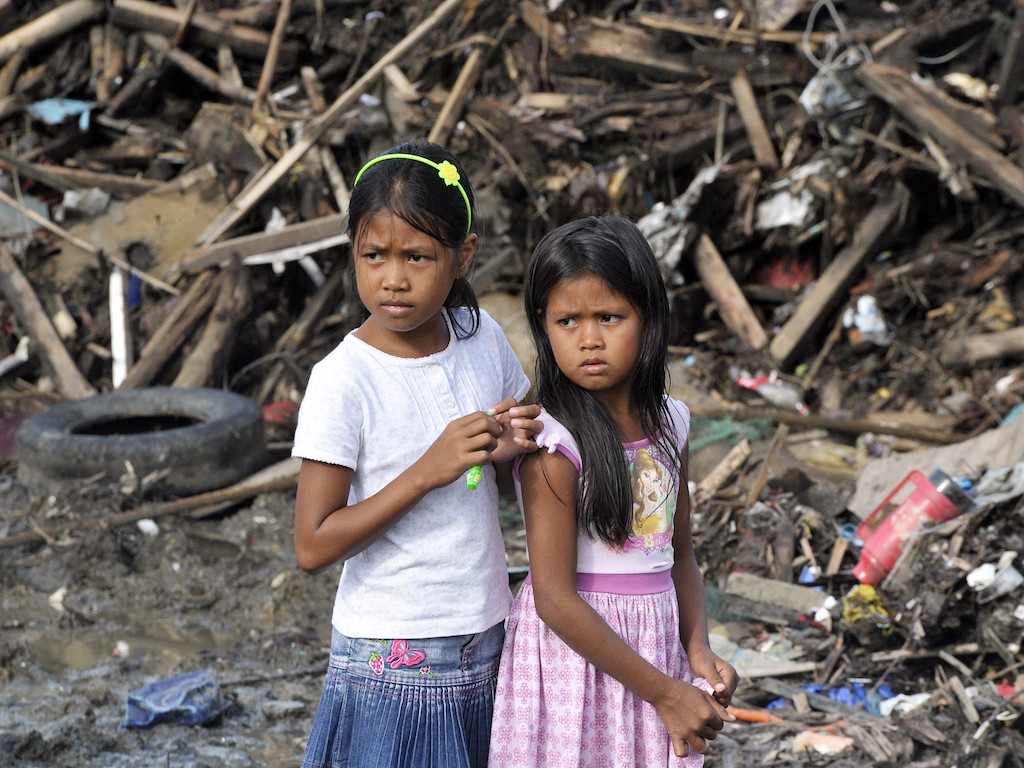3 Mins Read
A new report by a commission convened by the World Health Organisation (WHO), UNICEF, and the medical journal Lancet has called for urgent and dramatic changes to protect children’s health and futures from the climate crisis. In addition to finding that every single country in the world is failing to keep children’s health and futures from destruction, the report emphasises that children in the least environmentally polluting nations will unjustly suffer the worst consequences of climate change.
The WHO-UNICEF-Lancet commission has just published a report condemning world governments for failing to ensure children have a “livable planet”. Despite dramatic improvements in survival, nutrition and education in the past 20 years, the report finds that every child in the world is now facing “existential threats” to their health and future due to the climate emergency, ecological destruction and exploitative marketing practices.
“Climate change, ecological degradation, migrating populations, conflict, pervasive inequalities, and predatory commercial practices threaten the health and future of children in every country,” the commission says.

Read: Children born after 2012 have not lived a day unaffected by climate change
The report draws on data from an index of 180 countries comparing survival rates, wellbeing, health, education, nutrition and sustainability with a proxy for greenhouse gas emissions and income inequality. When considering which countries are the best for children to flourish in their early years, Norway, South Korea, the Netherlands, France and Ireland rank highly while the Central African Republic, Chad, Somalia, Niger and Mali rank the lowest.
However, once performance is balanced against per capita emissions, the results change dramatically with Burundi, Chad and Somalia at the top and the United States, Australia and Saudi Arabia amongst the bottom countries.
“When authors took per capita CO2 emissions into account, the top countries [on the child flourishing ranking] trail behind,” the report reads.
Overall, the team of experts warn of the global environmental and social injustice stemming from climate inaction, especially from advanced economies most responsible for greenhouse gas emissions: “While the poorest countries need to do more to support their children’s ability to live healthy lives, excessive carbon emissions – disproportionately from wealthier countries – threaten the future of all children”.
As it stands, countries in Asia and Africa are poised to bear the brunt of climate-related disasters, despite historically contributing far fewer emissions than the majority of developed countries.

Read: Harvard Medical School says children’s health and wellbeing is being robbed by climate change
The report concludes by calling for a radical rethinking on global childrens’ health. With no single country performing well on both child development and emissions indicators, the commission says it is vital that collective intergovernmental action on climate change must happen now to avoid the devastating health consequences for the future generation, which include threats from disasters such as rising sea levels and heatwaves, and the proliferation of diseases such as malaria, malnutrition and dengue fever.
Highlighting the threat posed by predatory corporate marketing and commercial practices, the commission also calls for “greater regulation of marketing of tobacco, alcohol, formula milk, sugar-sweetened beverages and gambling to children”. In the report, children’s exposure to fast food and sugary drink advertisements has been linked to a 11-fold increase in childhood obesity, while youth exposure to vaping or e-cigarettes is projecting a reach over more than 24 million young people.
It is clear that the world must break its current paralysis on action to protect the future generation from health and environmental harms. “Our children face a future of great opportunity, but they stand on the precipice of a climate crisis,” the commission concludes.
Lead image courtesy of UN Photo / Evan Schneider.




